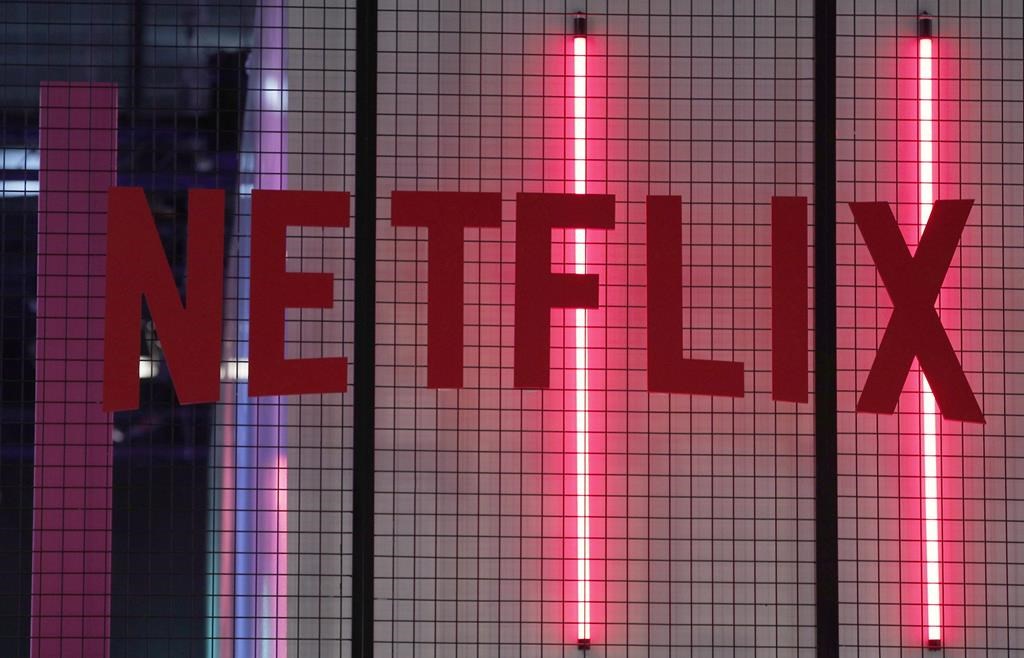Netflix has officially lost its bid to dismiss a lawsuit brought on by Chooseco LLC — the company which owns the trademark rights to the popular childrens’ book series Choose Your Own Adventure.

Last January, the publisher accused the streaming giant of violating the rights to its trademark ultimately by ripping off its signature concept in the feature-length, interactive episode of the critically acclaimed Black Mirror series: Bandersnatch.
The decision to deny Netflix’s plea was made by a federal state judge in Vermont on Tuesday, meaning the legal battle will now proceed, as reported by the Hollywood Reporter (or THR).

In the one-off Netflix special, the viewer is required to make choices for the characters onscreen, as the reader would in a Choose Your Own Adventure book.
This prompted Chooseco’s accusation that Netflix was benefiting off of its much-beloved book series — which since the 1980s has sold more than 265 million copies to date worldwide.
Chooseco has demanded injunctive relief as well as at least US$25 million in damages or Netflix’s profits — whichever is bigger — after the company supposedly misled its audience with its marketing for Bandersnatch.
As well as that, the publisher pointed its finger towards one specific scene of the Charlie Brooker-directed episode, where one of its character, Stefan (portrayed by Fionn Whitehead), explains to his father that he’s working on programming a video game based upon a Choose Your Own Adventure book.
Two months after initially being sued, however, Netflix requested that the same Vermont judge dismiss the suit against, citing the First Amendment to the United States: Religion and expression.

Get breaking National news
The defendants wrote: “The idea of a narrative storytelling device in which readers or viewers make their own choices is not protected by trademark law,” according to a legal document obtained by THR.
Arguing against Netflix’s claim, Judge William Sessions pointed to that scene in particular, saying “Here, the protagonist of Bandersnatch attempts to convert the fictional book ‘Bandersnatch’ into a video game, placing the book at the center of the film’s plot.”
“Netflix used Chooseco’s mark to describe the interactive narrative structure shared by the book, the video game, and the film itself,” said Sessions.
“In addition, the mental imagery associated with Chooseco’s mark adds to Bandersnatch’s 1980s aesthetic,” he added. “Thus, Netflix’s use of Chooseco’s mark clears the purposely-low threshold of Rogers’ artistic relevance prong.”
Judge Sessions continued: “The similarity between Chooseco’s products, Netflix’s film, and the fictitious book Netflix described as a ‘Choose Your Own Adventure’ book increases the likelihood of consumer confusion.”
In the updated legal document, it was determined that the suit would not be dismissed until it is decided in court whether or not Netflix misleads viewers into thinking Bandersnatch is related to Chooseco’s Choose Your Own Adventure.
“Because the Court finds that Chooseco has met its pleading requirements regarding these issues, Chooseco is entitled to proceed with its unfair competition claim,” concluded Judge Sessions. “Netflix’s motion to dismiss is denied.”
Global News has reached out to a representative of Netflix seeking comment.
— With files from Chris Jancelewicz
- 2026 Oscar nominations: ‘Sinners’ makes Academy Awards history with 16 nods
- ‘Heated Rivalry’ stars Hudson Williams and Connor Storrie to be torchbearers for Winter Olympics
- James Cameron says he moved from U.S. to New Zealand for ‘sanity’
- Green Day targets ICE, Stephen Miller with lyric change before Super Bowl










Comments